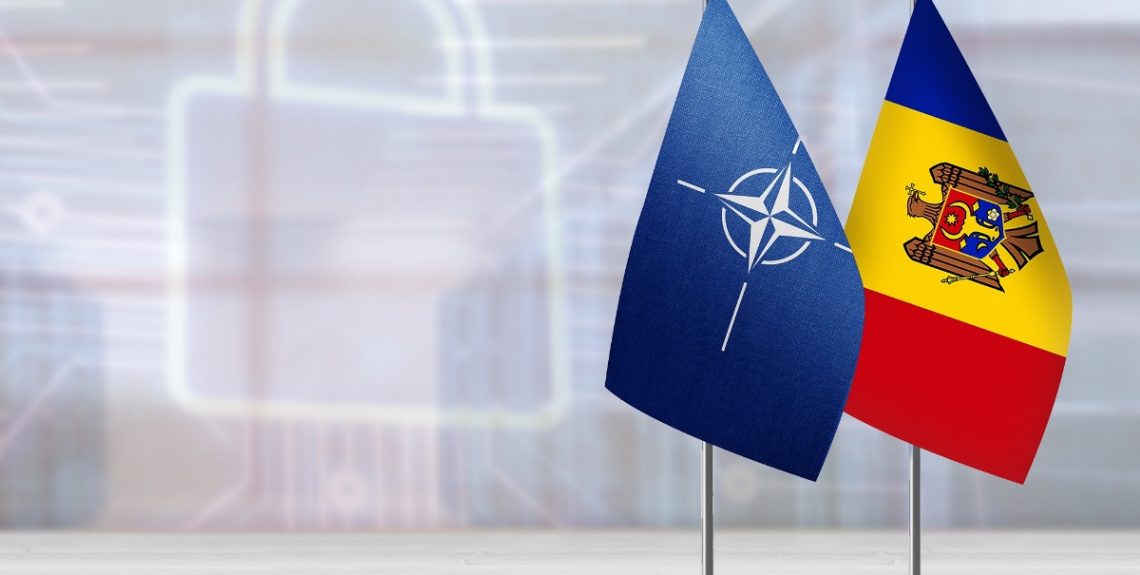The recent opening of a NATO Cyber Response Capability Center on the 21th January 2021 in Chisinau, the capital of Moldova has intensified the already existing cooperation framework agreement between NATO and Moldova.
This state of the art technological capability was established with support from the NATO Science for Peace and Security (SPS) Programme and in cooperation with the NATO Information and Communication Agency (NCIA) through a multi-year project. It will substantially reduce any threat resulting from cyber incidents, provide quick and efficient recovery and prevent similar incidents in the future that might jeopardize Moldova’s security and make it thoroughly resilient to cyber-attacks aiming at destabilizing the country.
This is particularly true with regard to the security sector, the effectiveness of which on the field can be severely affected by corruption, lack of coordination with foreign partners or an absence of the rule of law. The main enhancer of security for Moldova is the NATO Program Security and Partnership for Peace, in the framework of an IPAP (Individual Partnership Action Plan).
The country appears to be one of the main battlefields of NATO-Russia information confrontation, which reveals a deep mutual mistrust and therefore an ensuing confrontational attitude over the so called “grey area”, the “belt” of Eastern European countries stretching from Belarus to the north to Moldova to the south sandwiched or dangerously oscillating between NATO and Russia.
Russian governmental officials and the press limit themselves to soberly reporting the news, adding that the further deepening of military integration of Moldova with NATO will even further exacerbate the already tense relations between Russia and NATO. The incumbent Moldovan government, presided by the Western leaning Prime Minister Maia Sandu, generally expresses itself strongly in favour of the collaboration with NATO and in general with Euro-Atlantic institutions, but the media near to the Moldovan Socialist Party, and, more generally, the left-leaning parties, stressed the possible problems that a deepening of collaboration or military integration with NATO would cause to the country’s neutrality status. The Russian-speaking press of the Pridnestrovian Republic, or Transnistria, under direct Russian tutelage, also seems generally concerned about the tighter connections that are presently being established between NATO and Moldova.
Some of the goals of the NATO technical and advisory mission in Moldova include strengthening and updating the defence capabilities of the Moldovan Army in the unforeseeable event of a cyber-attack, coordinating them with NATO standards also by means of improving technical cyber capabilities and a strengthening of the institutions and their viability and resilience. The training of young scientists and other specialized experts appears also to be a core element of paramount importance as these projects have boosted the capacity, knowledge and skills of researchers in Moldova by fostering scientific networks with their NATO counterparts.
The Transnistrian conflict is another very important issue that needs to be addressed, albeit indirectly, by the newly-opened NATO office in Chisinau against cyber-attacks, because of the potential unrest that could be unleashed by the severe clash of diametrically conflicting interests and their ensuing rows among Russia, Ukraine and Romania (the latter has obviously a special interest in the country), thus spearheading in the mid-term Moldova’s convergence with the EU and NATO.

